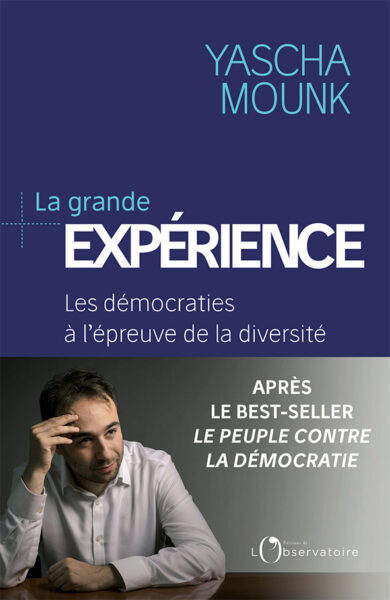The question keeps returning of whether other development models exist besides the one followed by the richest Western nations – does modernization inevitably mean abandoning local culture and adopting Western values? In other words, can a different balance between tradition and modernity be achieved involving varying forms of compromise related to local cultural requirements?
This question is frequently raised with regard to general development strategies; it is also raised, with growing urgency, in firms, where there is too often a tendency to think that overall performance depends on adopting “good practices” in management that are universally applicable, regardless of local circumstances.
Philippe d’Iribarne takes the opposite view: while acknowledging that universally applicable good management practices exist, he shows how they can be implemented in different ways from country to country so as to meet local needs.
Far from just sermonizing, he bases his argument on a survey carried out in four firms: a Mexican food processing company, a Moroccan firm making electronic components, a petrochemical firm in Argentina and a state-owned electricity supply company in Cameroon.
In each case he shows how the firms were able to devise their own ways of reconciling global and local requirements and balancing economic and social concerns. The author draws from these examples some lessons that are especially useful today as globalisation is leading multinationals to set up in business in countries with very different cultures.
Management des entreprises et diversité culturelle. Entre tradition et modernité : une équation subtile dans les pays en développement
Cet article fait partie de la revue Futuribles n° 295, mars 2004



